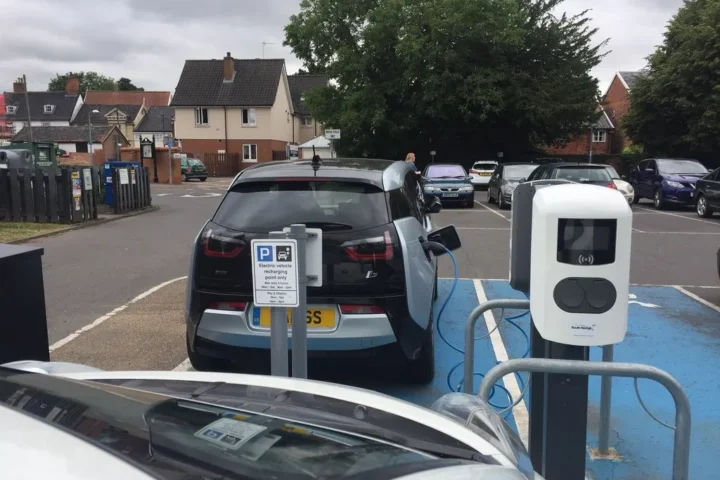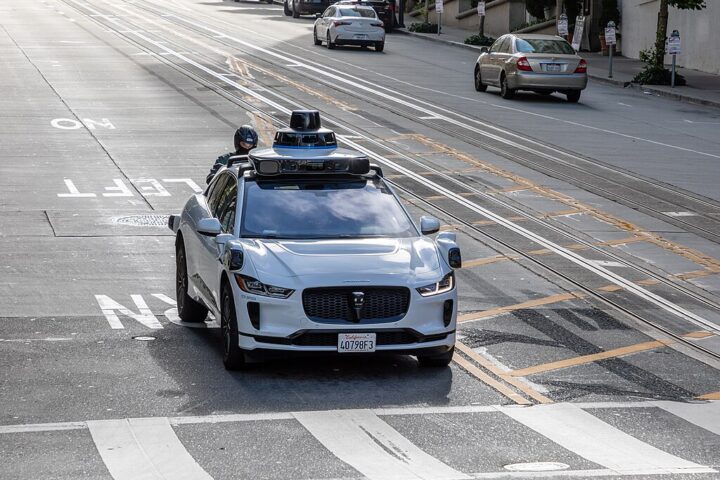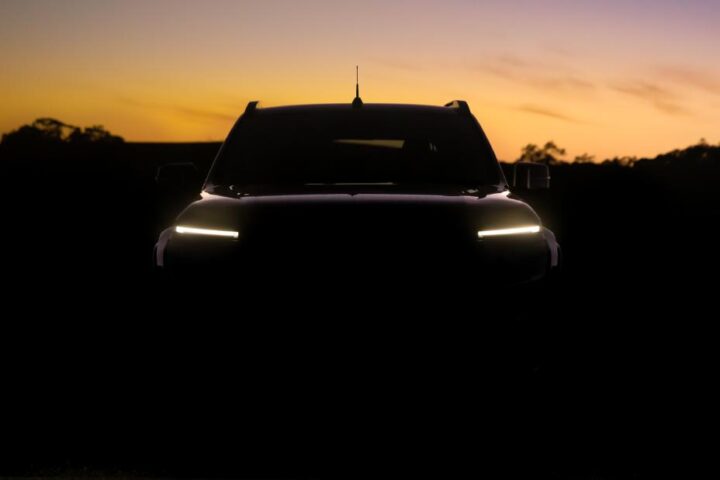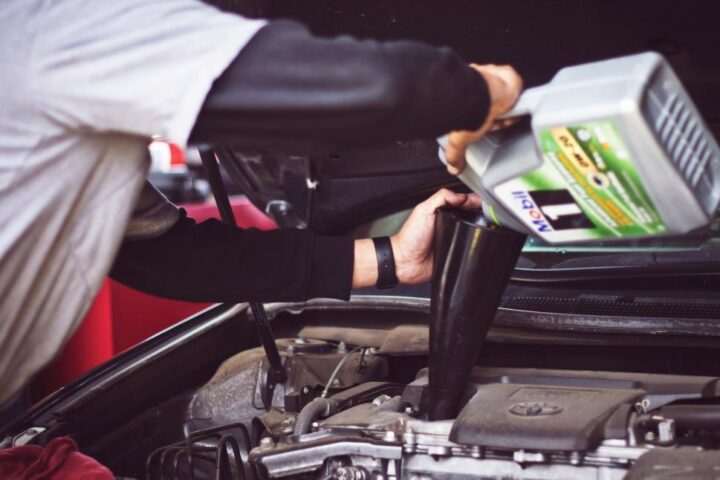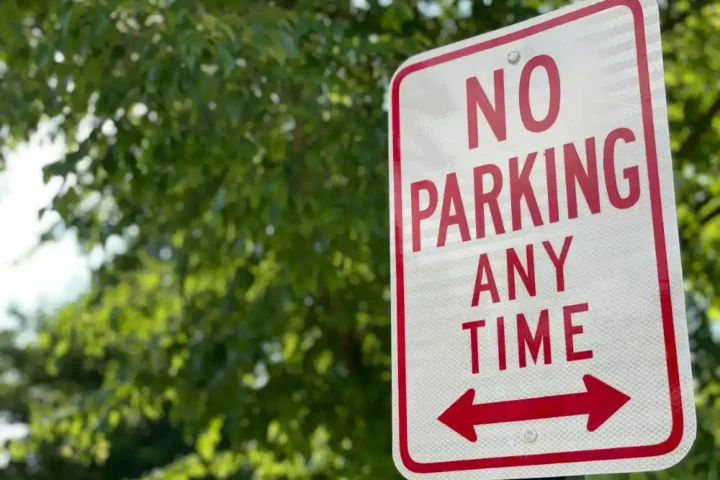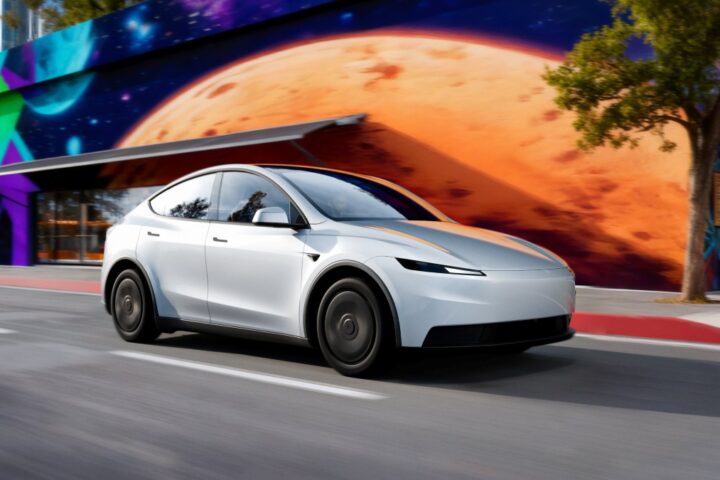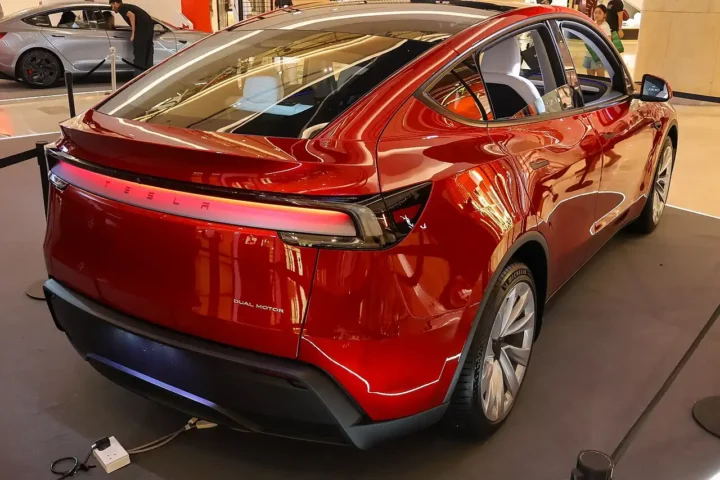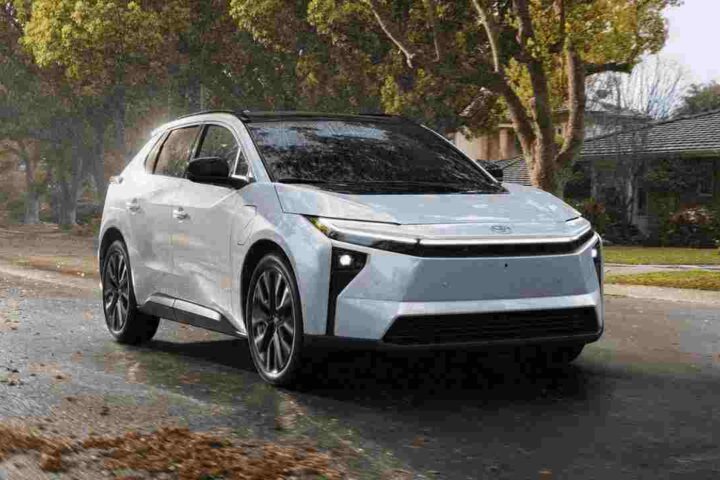This century belongs to a brave new world. New ideas and innovations spring up almost every day. The transport sector is no exception. Electric vehicles (EVs) are on the roads. The choice of an EV or another “zero-emission” model might produce no hesitation at all within the next decade. It might become one of the only new cars you can buy where you live. So moves have been made by at least a dozen states to restrict the sale of vehicles driven purely by internal combustion engines.
Nine of these states are working towards an all-out ban by 2035. California is a leader in this aspect. Other states are following California’s Advanced Clean Cars II (ACC II) rule. This rule requires automakers and car dealers to sell increasingly more zero-emission vehicles each year between 2026 and 2035. In 2026, 35% of new vehicles on car lots within ACC II states must be emission-free. With an increase in percentage every year, an effective ban will be in place by 2035. The definition of zero-emission vehicles in California includes battery-electric, hydrogen fuel cell electric, and plug-in hybrid electric vehicles, in addition to EVs.
Maryland, Massachusetts, New Jersey, New York, Oregon, Rhode Island, Washington, and Virginia have adopted ACC II so far. Connecticut and Maine are also considering the measures but have not adopted them formally. Colorado, New Mexico, Delaware, and Minnesota have partially adopted a large portion of the standards set by California.
Similar Post
It is to be noted here that ACC II regulations will only prohibit the sale of new internal-combustion passenger vehicles starting in 2035. However, drivers of gas cars will not forfeit ownership of previous models. At present, only the sale of gas-powered cars by 2035 would be prohibited in a state whose standards are identical to ACC II.
Stellantis, the company that produces Chrysler, Dodge, Fiat, and Jeep, has warned dealers it will ship fewer gas cars to states that follow ACC II standards. General Motors and other automakers are planning to cease production of fully gas-powered cars by 2035.
The world trend in this matter is similar. The European Union has planned to ban gas cars by 2035. Japan aims to do so by the mid-2030s. South Korea’s plan to ban gas cars is by 2035. In short, by the middle of this century, gas cars will be a matter of history.
For further details on these regulations and their impact, you can refer to sources from the California Air Resources Board and other expert analyses.



